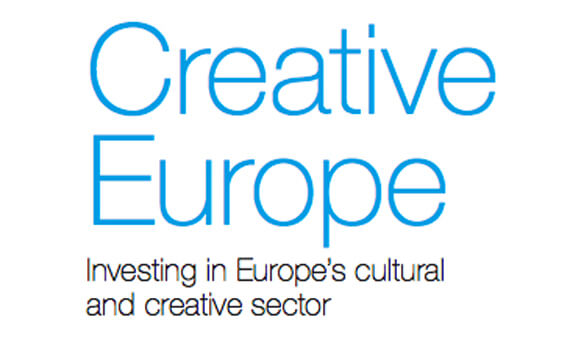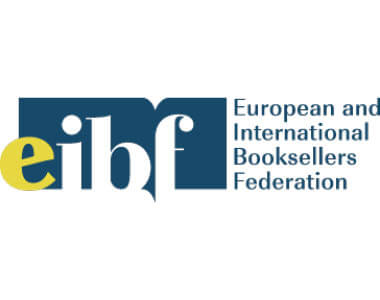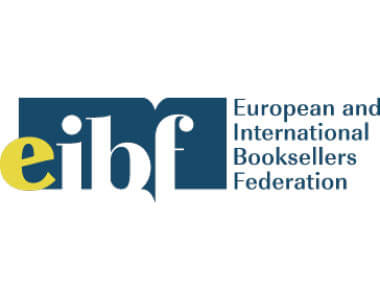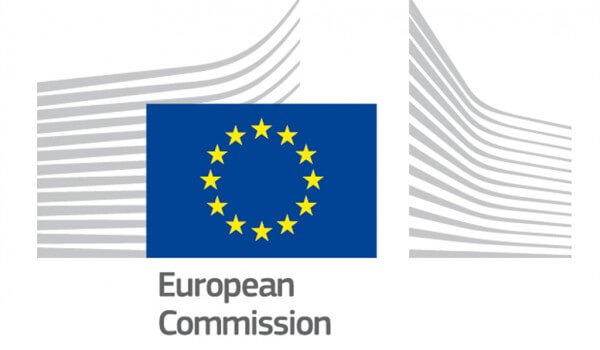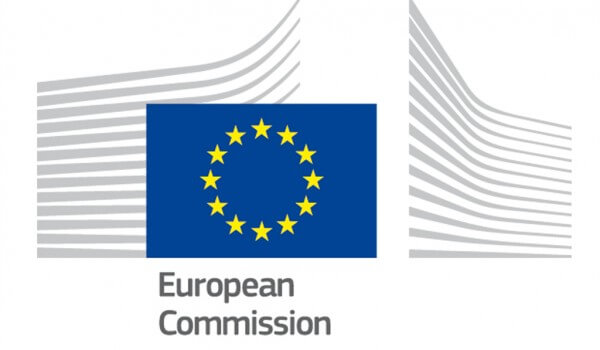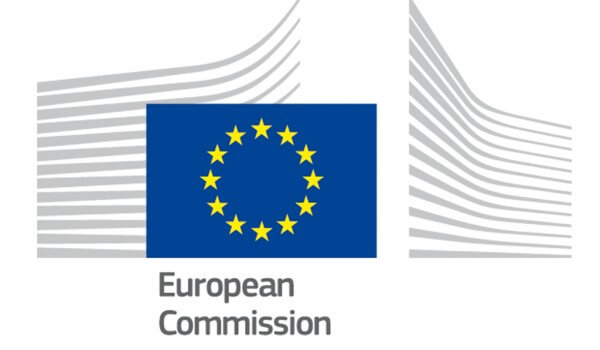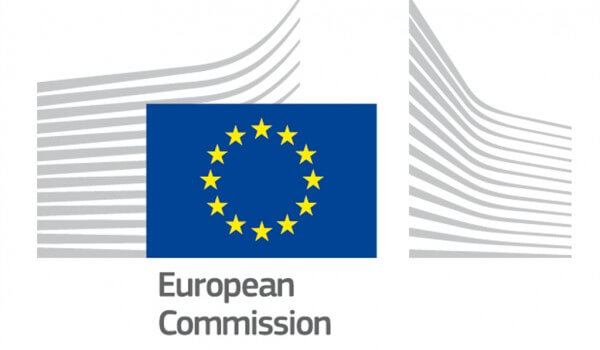In its contribution, EBF underlines that booksellers are both commercial entities, employing over half a million people in Europe, and cultural agents, providing the public with unbiased, reliable and informed advice and promoting literacy and reading – the fundamental basis of a knowledge society. Once more, EBF stresses the importance of a fair level field for commercial and non-commercial actors and of a relentless fight against piracy.
EBF lists 3 the priority actions for the next culture programme:
1. Support the promotion of cultural and linguistic diversity
2. Support Exchange of Best Practices and Risk Taking
3. Support Innovation and Fight Piracy
Priority actions from EBF for the Commission to consider
1. Support the promotion of cultural and linguistic diversity (answer to questions 3.10, 3.12 and 3.13 of the questionnaire)
EBF strongly recommends that the new Culture Programme include a chapter on supporting linguistic diversity, implemented in particular through grants schemes for the translation of books, as this has already been the case in the current Culture Programme. In this respect, EBF would suggest a few adaptations, like the reinforcement of the fast track process for the EUPL winners to obtain translation grants, in order to make the book available in the book market in a timely way, and to take advantage of the novelty factor.
EBF would further recommend that grants to small language markets could be adapted in order to compensate for the higher financial risks that publishers take when investing resources in the translation of a book that has limited potential sales (e.g. because of being published in a restricted language area). In this specific case, grants for literary translation could allow other costs to be included, such as the purchasing of rights and other costs (as asked in the questionnaire under question 3.13).
EBF would further recommend to the Commission to broaden the criteria for admission to translation grants, so as to include non-fiction works.
Translating a book into another language, however, does not yet make a book widely known across linguistic borders. The translated book also has to be promoted and marketed and finally “hand sold” by booksellers.
EBF therefore recommends to the Commission that it extend its translation support scheme to a dissemination/promotion scheme for translated books, as asked in Question 3.13a. Such a scheme would offer a financial grant to bookshops willing to promote non-national, European emerging authors whose works have been translated into other European languages.
Promoting authors who lack visibility and who have books that report a low stock turn on booksellers’ shelves is not easy for booksellers who need to implement profitable business models. Offering financial support to book retailers who promote emerging, translated authors, would contribute to the dissemination of the rich European literary heritage, both European-wide and globally. Such support should at least cover the travel and accommodation expenses of the authors promoted, as well as the production of promotion material.
The dissemination/promotion scheme could also be linked to a “European Quality Bookshop Label” project, which would be welcomed by EBF and its members. In practical terms, to launch such a process, EBF would favour a selective, step-by-step approach, whereby a sample of bookshops, carefully identified by EBF and its member BA’s, would participate in a first pilot project to test the European bookshop label system. Based on the experience gained, these bookshops could then assist the Commission in defining the exact criteria and other practicalities for a larger, EU-wide scheme. The participating bookshop would have to fulfil a certain number of criteria (including the requirement to sell a given percentage of non-national literature) in order to be entitled to apply for the label.
However, when setting up a European quality bookshop label scheme, it is important to make sure that from the outset, the application process is not too burdensome for the bookshops involved, so as not to discourage potential applicants.
Another way of promoting linguistic diversity could be through support for the translation of selected book excerpts, intended for book professionals outside the national markets and outside the EU (publishers, agents etc.) – as asked in the questionnaire under question 3.13. Such material could be distributed during Book Fairs at dedicated events involving rights directors.
2. Support Exchange of Best Practices and Risk Taking (answer to questions 3.1 and 3.2. of the questionnaire)
For book trade professionals – who act as cultural agents by promoting literacy and knowledge – it is essential to keep abreast continuously with and adapt to the numerous technology and market developments as well as to changing consumer behaviour.
To help booksellers to adapt to the changing environment, to adopt new skills and to create new business models, EBF could see a real added value in setting up mechanisms for the exchange of best practices between booksellers from different countries.
EBF, as the European body representing booksellers, could play an active role in the facilitation of such an exchange, for instance by collecting and disseminating ideas and best practices (as an example, how best to promote guidebooks) or by organizing conferences dedicated to the exchange of knowledge and professional experience.
The support of the Culture Programme to such facilitation exercises would be most welcome and beneficial.
3. Support Innovation and Fight Piracy (answer to questions 3.5 and 3.6 of the questionnaire)
Digital bookselling has long become a reality and many terrestrial bookshops have engaged in online selling. Selling e-books and reading devices is a further step that booksellers are in the process of achieving, often via third parties who provide portal facilities, webshops, etc. Online e-book distribution platforms have been set up by booksellers, in partnership with aggregators and publishers, in various EU countries. All these initiatives require substantive investments, both in terms of finance and time (training). The support of the Culture Programme in this area would be an excellent means to implement one of the flagships of the EU2020 Strategy, the Digital Agenda. In this regard the support that booksellers and other book trade professionals need from the European Commission is the certainty that they can rely on a solid legal guarantee in terms of (a) respect of copyright and on (b) a commitment from the European Union and its Member States to fight against piracy of copyright and intellectual property.
EBF would therefore welcome a focussed anti-piracy campaign under the new Culture Programme.
Additional remark on possible new support activities in the next Culture Programme (answer to question 3.15 of the questionnaire)
EBF, together with the Federation of European Publishers and the European Writers’ Council, has been involved in the organisation of the first two editions of the European Union Prize for Literature (EUPL).
EBF believes strongly that the EUPL is a prominent instrument to put cultural diversity in the spotlight and to promote emerging talents from all the countries in Europe. Although the Prize is still quite young, it has great potential in attracting the interest of the specialist press and of the reading community at large.
However, all Prizes need time to acquire visibility and EBF believes that it is important that the Culture Programme does not engage in new Prizes, as this would eventually lead to a dispersion of attention and resources – as well as a weakening of the expected results.
For further information, please contact eurobooks@skynet.be
